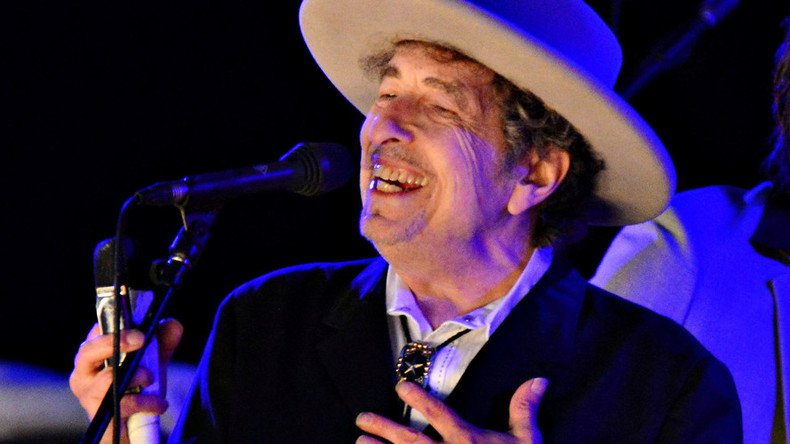Who do you think you are? How your name could sculpt your face, researchers say

While everyone knows not to judge a book by its cover, researchers in Jerusalem have flipped that saying on its head, asking what if our appearance is actually affected by people’s expectations.
Research into the so-called ‘Dorian Gray effect’, named after the famous Oscar Wilde character, was conducted by a diverse team at Hebrew University of Jerusalem.
In Wilde’s novel, Gray’s increasingly wicked deeds were immortalized in the facial features of his portrait. In this particular study, researchers wanted to determine whether cultural stereotypes associated with certain names could also become ‘written’ on people’s faces.
“Prior research has shown there are cultural stereotypes attached to names, including how someone should look,” lead author Dr. Yonat Zwebner of Hebrew University of Jerusalem’s School of Business Administration said, according to the Telegraph.
For the study, eight specific experiments were conducted in which participants were asked to correctly match a stranger’s face to their name on first glance.
The research was based on the ‘bouba-kiki’ effect observed across all languages in which there is a tendency to use rounder vowels for rounder objects and constricted vowels for sharp or pointed objects.
For example, a ‘Bob’ would be expected to be rounder than a ‘Jay,’ regardless of what the words refer to or the language, the theory says.
In all of the experiments, participants were more accurate than random chance at matching a face to a name – humans were successful up to 40 percent of the time despite 1 in 4 odds.
READ MORE: ‘Don’t be fooled by good-looking liberals’: Jane Fonda trashes Trudeau over pipelines
Age, ethnicity and other socioeconomic variables were controlled in the experiments.
It is the first study of its kind to propose that not just genetics and hormones determine our appearance, but social factors as well.
“The study implies that people live up to their given name. The possibility that our name can influence our look, even to small extent is intriguing,” Zwebner added.
“These findings suggest that facial appearance represents social expectations of how a person with a particular name should look. In this way, a social tag may influence one’s facial appearance,” co-author Dr. Ruth Mayo elaborated.












